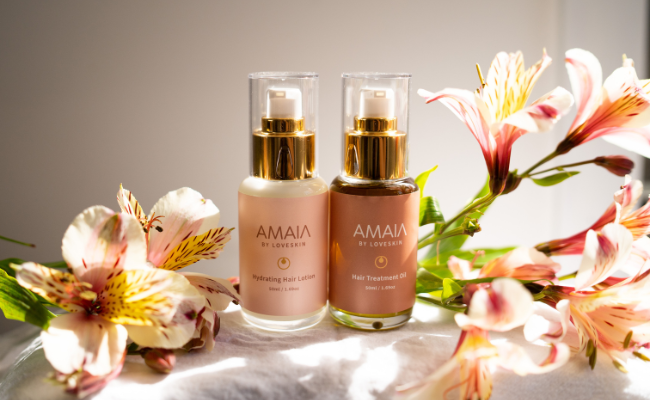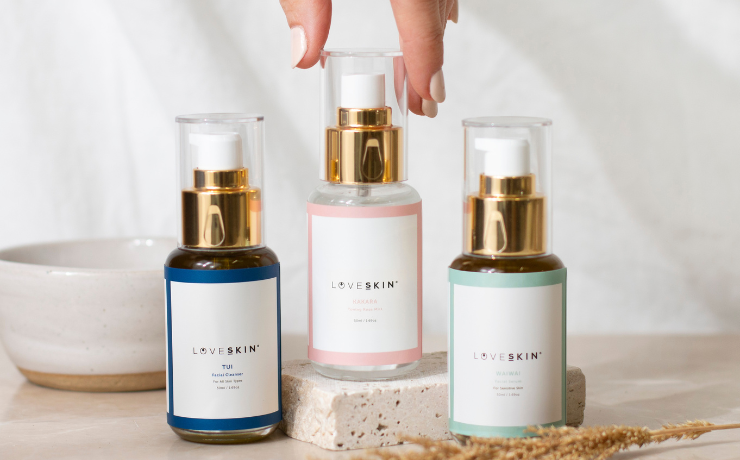Skincare Marketing: How Natural is Natural?
By now, most of us know the value of investing in natural skincare created entirely from luxurious botanicals and indulgently fragrant essential oils. Unfortunately, for every ethical company who is committed to transparency and the highest quality ingredients, there are plenty of companies that market their products under natural pretenses that fall short of what could reasonably be considered natural.
The term ‘natural’ isn’t currently regulated in New Zealand, meaning it’s perfectly legal (and commonplace) for a product that is no longer natural to be slapped with a ‘naturally derived’ label to lead consumers into believing they’re doing the right thing for their skin, a practice known as greenwashing.
So how is a savvy shopper expected to spot the bona fide brands from the imposters? We’ve decoded the terms you’ve been seeing to help you see through the marketing trickery.
When Natural Really Means “We use some natural ingredients”
Many mainstream beauty brands are leveraging the natural trend by creating formulas which are marketed as natural, but contain a combination of synthetic and natural-ingredients. The words ‘plant derived’ or ‘naturally derived’ simply mean that the ingredient started out as a whole plant. But these ingredients may very well have been synthetically processed to become an entirely different chemical and structural substance.
Inferior products slip under the radar by using as little as 0.1% of natural oils (such as Argan, rosehip, and coconut), with the majority of the product consisting of liquid paraffins, silicones and lanolin (very cheap by-products of petroleum mineral oils). The reason these natural ingredients are processed with synthetic chemicals is to make them smell appealing, activate or stabilise the ingredients, or simply lower production costs.
Just Because Skincare is Natural or Paraben-Free Doesn’t Mean it’s Nutrient Rich
Even when we can be sure that a high concentration of genuinely natural ingredients have been used, we need to ask ourselves “is it nutrient rich and can my body receive these nutrients?” In most moisturising lotions you’ll find water and wax – the wax is used to emulsify, enabling the oil and water to blend and develop a lotion-like texture. Whilst the water and wax might be natural, they have no moisturising value for your skin. In fact, the wax creates a barrier preventing oils from entering your skin - and it's the oil which your skin needs to help moisturise and maintain its texture.
Now that you know why it’s unwise to trust the words ‘plant derived’ or ‘naturally derived’ at face value, you can start to create a clear boundary for your skincare.
How LOVESKIN Defines Natural
LOVESKIN includes only natural ingredients in all of our products. When we talk about an ingredient as being ‘natural’, it means that the ingredient has been used in its natural, raw state after being extracted from the plant source. Our LOVESKIN products are composed of only nutrient dense blended botanical oils; every ingredient we use works hard for your skin.
If you want to dig deeper into our ingredients, you can take a look at the individual product pages across the complete LOVESKIN range.



